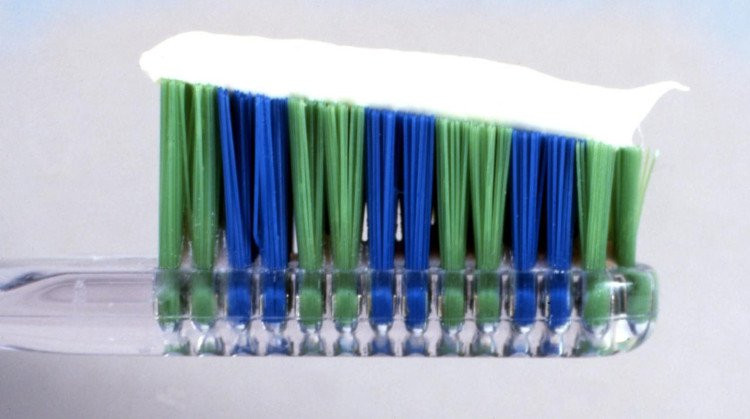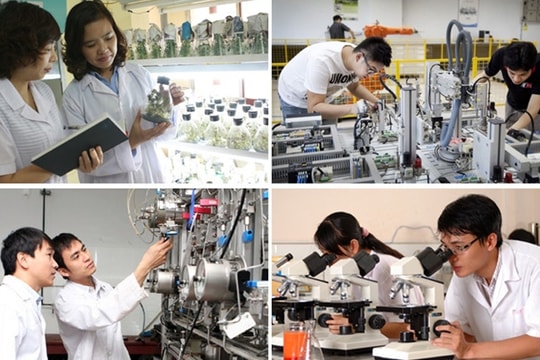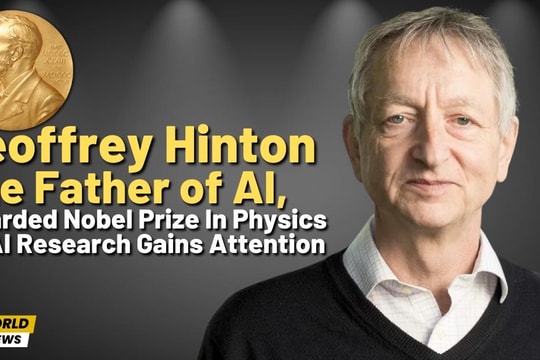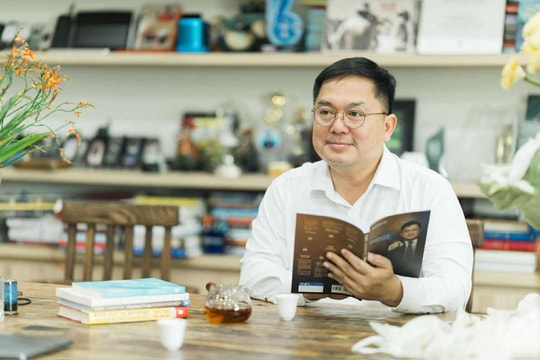Artificial intelligence discovers toothpaste containing malaria-fighting substance
An artificial intelligence robot has become a big hero after helping scientists in the UK find a substance found in common toothpaste that can cure malaria.
The research results were published in the scientific journal Scientific Reports on January 18.
Scientists at the University of Cambridge in the UK have used"scientific robot"called Eve and discovered that triclosan, an ingredient in many toothpastes, could help fight drug-resistant strains of the malaria parasite.
The team of scientists found that triclosan can target and affect the DHFR enzyme, even in parasite strains that are resistant to antimalarial drugs.
The head of the research team, Elizabeth Bilsland, hopes that by discovering the new properties of triclosan, scientists can develop a new anti-malarial drug.
Malaria is a dangerous disease caused by the malaria parasite Plasmodium, which can be transmitted from person to person through the bites of Anopheles mosquitoes.
Symptoms of malaria can vary from mild to severe depending on the type of parasite the person is infected with, and the person's health and infection status.
The robot Eve was developed by a team of scientists from several universities in Manchester. Eve's artificial intelligence and operating mechanism allow it to conduct scientific research on its own to speed up the process of drug research.








